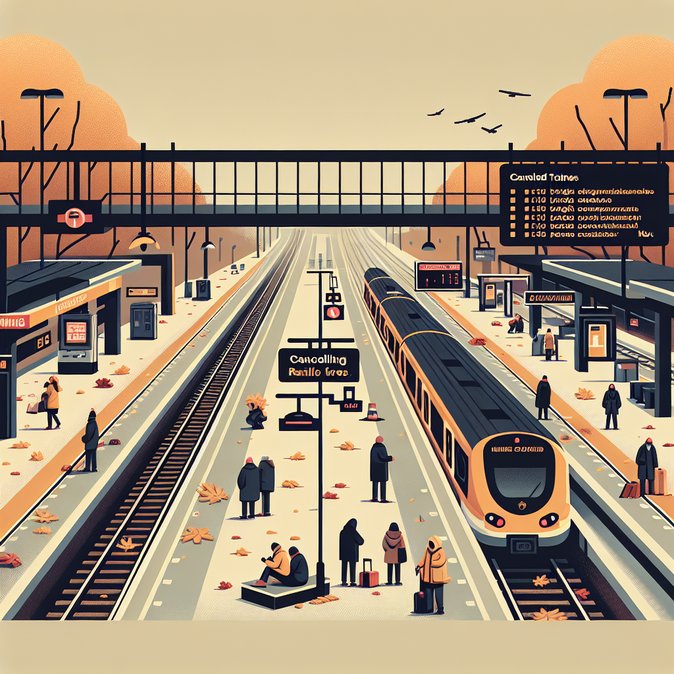
On 22 October 2025 Belgium’s three main rail unions—ACOD Spoor/CGSP Cheminots, ACV Transcom/CSC and VSOA Spoor/SLFP—confirmed they will join a three-day national strike against federal budget cuts scheduled for 24–26 November. Industrial action will begin at 22:00 on 23 November and end at the same time on 26 November, coinciding with ‘Black Friday’ retail movements and the start of many expatriate home-leave trips.
The unions accuse Prime Minister Bart De Wever’s government of hollowing out rail funding, pensions and staffing levels under the draft 2026–2029 Federal Stability Plan. They also protest plans to allow greater private-sector access to Infrabel infrastructure, which they fear will erode collective bargaining. Transport Minister Georges Gilkinet responded that Belgium must boost productivity to finance €4 billion of rolling-stock renewals and the ETCS upgrade programme.
During the strike, national operator SNCB/NMBS will run a ‘minimum service’ using volunteers. In the last comparable strike of December 2023, only 18 % of trains operated, with Thalys and Eurostar international services reduced to one in three. Brussels Airport rail links were suspended, forcing airlines to arrange buses.
Global mobility teams should anticipate severe disruption for commuters and inter-city travellers. Companies with posted workers on tight rotation cycles are advised to rebook tickets or arrange car-pooling; German ICE and French TGV services terminating in Liège or Lille may still run. SNCB will release a contingency timetable on 14 November, while Eurostar is expected to publish strike-day options 10 days in advance.
Belgium’s strike culture remains one of Europe’s most intense: rail staff staged 14 strike days in 2024, costing businesses an estimated €84 million in lost productivity, according to Voka (Flemish Chamber of Commerce). The November stoppage could be the first major test of the De Wever administration’s intention to legislate stricter minimum-service rules in 2026.
The unions accuse Prime Minister Bart De Wever’s government of hollowing out rail funding, pensions and staffing levels under the draft 2026–2029 Federal Stability Plan. They also protest plans to allow greater private-sector access to Infrabel infrastructure, which they fear will erode collective bargaining. Transport Minister Georges Gilkinet responded that Belgium must boost productivity to finance €4 billion of rolling-stock renewals and the ETCS upgrade programme.
During the strike, national operator SNCB/NMBS will run a ‘minimum service’ using volunteers. In the last comparable strike of December 2023, only 18 % of trains operated, with Thalys and Eurostar international services reduced to one in three. Brussels Airport rail links were suspended, forcing airlines to arrange buses.
Global mobility teams should anticipate severe disruption for commuters and inter-city travellers. Companies with posted workers on tight rotation cycles are advised to rebook tickets or arrange car-pooling; German ICE and French TGV services terminating in Liège or Lille may still run. SNCB will release a contingency timetable on 14 November, while Eurostar is expected to publish strike-day options 10 days in advance.
Belgium’s strike culture remains one of Europe’s most intense: rail staff staged 14 strike days in 2024, costing businesses an estimated €84 million in lost productivity, according to Voka (Flemish Chamber of Commerce). The November stoppage could be the first major test of the De Wever administration’s intention to legislate stricter minimum-service rules in 2026.



